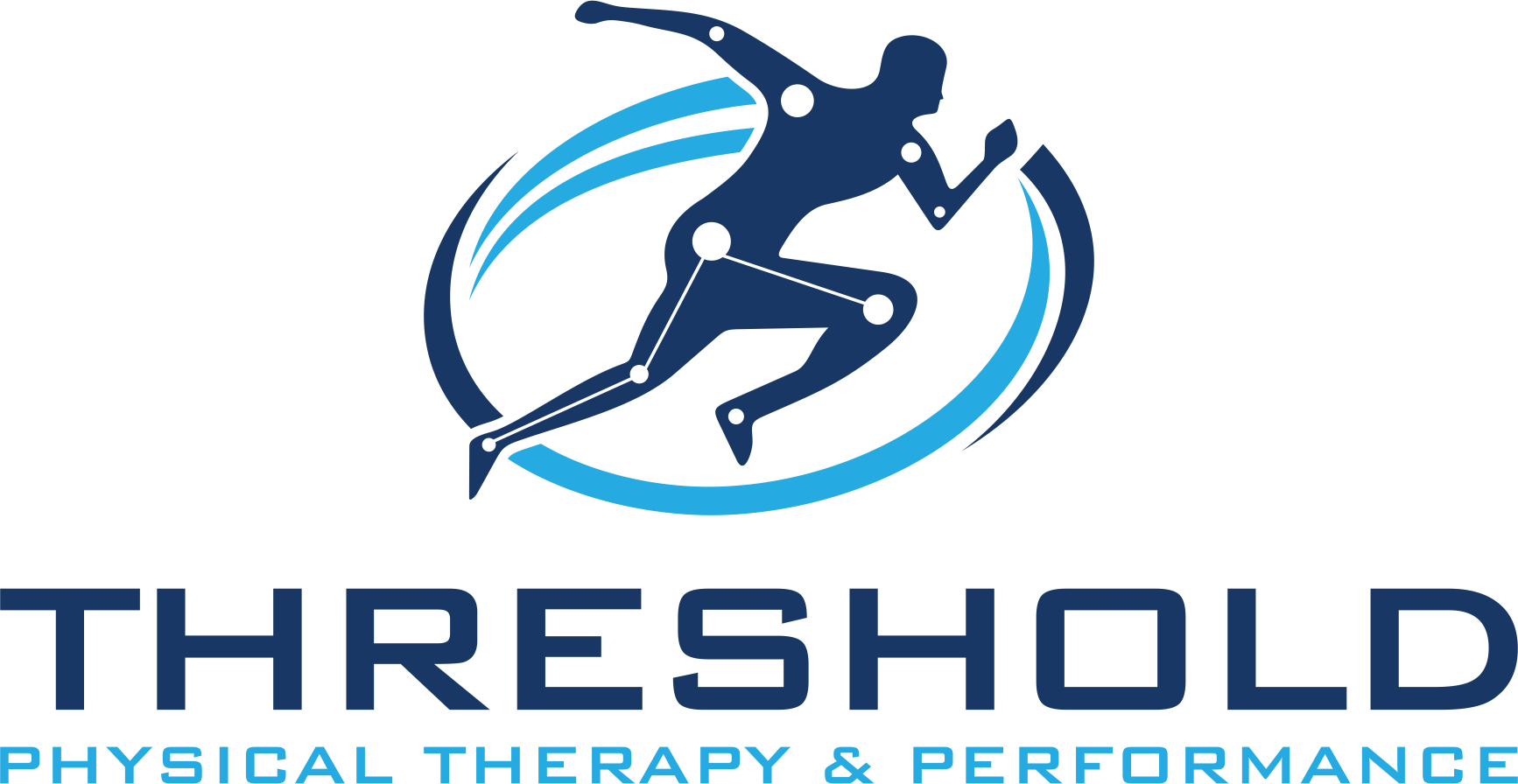It has been found that individuals aged 14 to 25 years are disproportionately affected by concussion and, after suffering the injury, take longer to recover when compared to adults. A 2018 article, published in the Journal of Neurologic Physical Therapy, looked at some of the current concussion-related brain changes, recent research on the effects of exercise and physical activity, and the authors provide a potential progression after concussion.
The concussion injury results in a range of pathophysiological changes that may occur, and sets into motion a complex cascade of metabolic and neurochemical events. Additionally, it has been found that roughly 20% individuals who have suffered even one concussion present with persistent, clinically significant, physical and cognitive symptoms years afterwards. The diversity of external factors (location of injury, severity, and individual response), as well as the evolving secondary changes can result in unique and dramatic alterations in brain structure and function. For example, microscopic tears in the white matter of the brain and global changes in functional brain networks, where adolescence itself is a unique period of white matter development.
The current guidelines for returning to activity after a concussion injury include a brief period (about 3 days) of physical and cognitive rest. At the same time, appropriate exercise and activity levels continue to be supported in the literature for positive changes in brain neurophysiology. As an example, after moderate to severe brain injuries, fitness training has been shown to influence depression, physical symptoms, and self-reported health status positively. In fact, it is now recognized that prolonged rest (greater than 3 days) and activity restriction is not beneficial for recovery. Interestingly, although youth who have suffered a concussive injury do take longer to recover, there is no evidence that they require more time to rest.
To support this, the authors noted both a retrospective and prospective study. In the retrospective, youth athletes who engaged in low to moderate physical activity and cognitive tasks experienced fewer symptoms and better neurocognitive test performance when compared to those who engaged in no physical activity as well as those who engaged in high levels of activity. Prospectively, youth with concussion who participated in moderate physical activity within 7 days of their injury had significantly fewer symptoms than those who were restricted.
The authors proposed a progression of engagement, consistent with guidelines, for return to physical activity, exercise, and sport. They do note that it is a framework and would benefit from being experimentally tested, and should be used in conjunction with clinical judgement as well as consultation with the youth, family, and an interdisciplinary team.

It should also be noted that it is possible that vigorous exercise in the acute phase of recovery after concussion may be associated with disrupted brain dynamics and increased symptoms. Until more research is done, we don’t necessarily know the immediate and long-term neurophysiological responses of this type of exercise.
We know that engagement in structured physical activity is a key element in concussion intervention. This follows the knowledge that there are clear benefits for neuroplasticity and recovery (brain health) after physical activity and exercise. Worth noting regarding youth concussion, implementation of exercise as daily therapy should involve a scheduled routine and incorporate peer networks for compliance. Additionally, and of significant importance, the activity after concussion should be limited to activities that do not put the individual at risk for another concussive injury. Also, encouraging social activities and allowing moderate use of social media can promote recovery and minimise the risk of post-concussive symptoms.
Are you or someone you know recovering from a concussion? Working with your local physical therapist to find, and progress, appropriate levels of physical activity and exercise will be significantly beneficial! Thanks for reading!!

